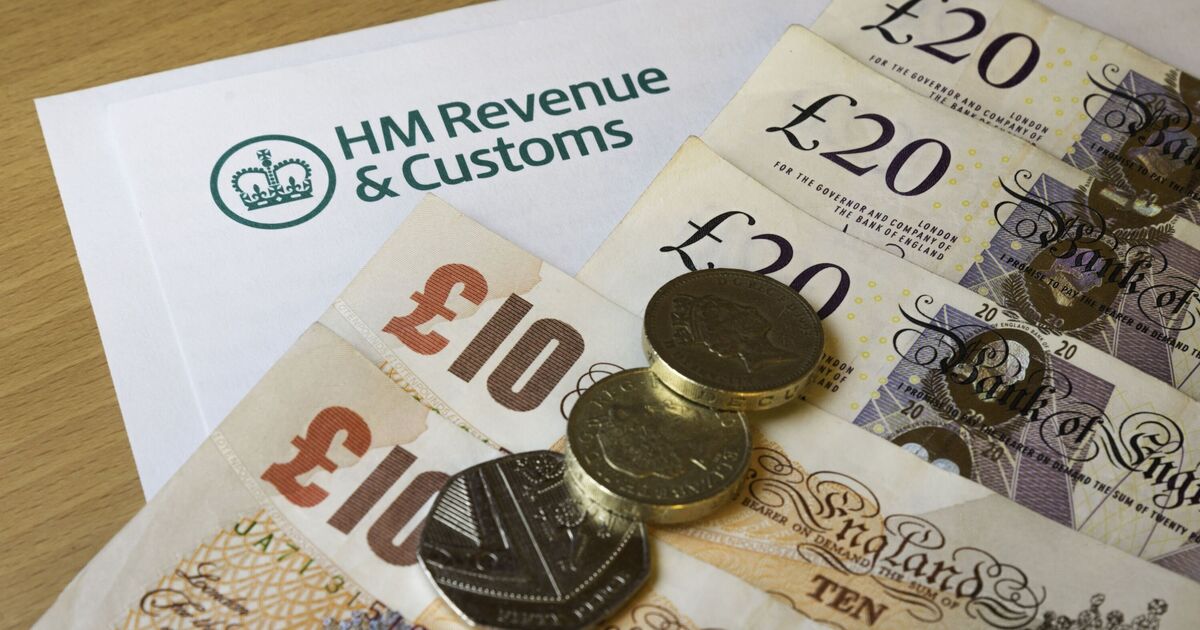UK households with children are being urged to claim a tax-free benefit worth up to £2,000 per year.
The Tax-Free Childcare scheme is available to all working parents with children aged 11 or under across the UK to help pay for childcare costs.
Eligible families can get up to £500 every three months for each of their children from His Majesty’s Revenue and Customs (HMRC), which amounts up to £2,000 a year.
This amount goes up to £1,000 every three months if a child is disabled, meaning parents could get up to £4,000 annually to help with childcare.
The money can be used to pay for things like childminders, nurseries, nannies, after-school clubs and play schemes, as long as the approved childcare provider is signed up to the scheme.
Parents using the scheme must open an online childcare account to pay directly for childcare, and for every £8 that is paid into this account, the government will pay in £2 to use to pay your provider.
To be eligible you must be at least 16 years old, be in qualifying paid work and over the next three months expect to earn at least:
-
£2,379 if you’re aged 21 or over
-
£1,788 if you’re aged 18 to 20
-
£1,331 if you’re under 18 or an apprentice
This is the National Minimum Wage or Living Wage for 16 hours per week on average. If you’re self-employed and started your business less than 12 months ago, you can earn less than this and still be eligible for Tax-Free Childcare, and if you have more than one job, you can use your total earnings to work out if you meet the threshold.
If you or your partner have an expected ‘adjusted net income’ over £100,000 in the current tax year then you won’t be eligible, nor will those who are in receipt of an of the following:
-
Tax credits
-
Universal Credit
-
Childcare Vouchers
-
Bursaries
You can apply for Tax-Free Childcare online and you must include your partner in your application if you’re:
-
married or in a civil partnership and live together
-
not married or in a civil partnership, but living together as though you are
You’ll also need your National Insurance number, Unique Taxpayer Reference (UTR) if you’re self-employed, the UK birth certificate reference number of any children you’re applying for, and the date you started or are due to start work.











